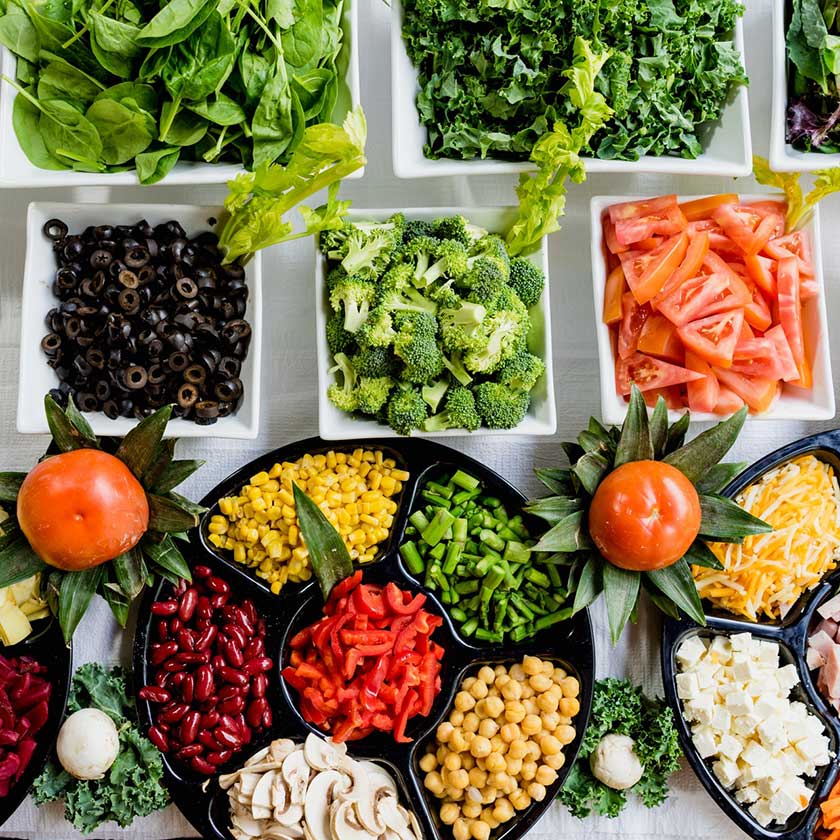Poor mental health significantly affects nutrition and the incidence of diet-related physical conditions. This can be through changes in self-care, medication effects on metabolism and digestive functions and the impact of stress on appetite and gastrointestinal symptoms. Conversely, nutrition and diet-related physical conditions can influence mental well-being both in day-to-day activities and through the ongoing burden of physical disease.
Improving nutrition is an important part of preventing or managing diet-conditions such as obesity, heart disease, diabetes, metabolic syndrome, malnutrition, constipation, osteoporosis and IBS. It also improves energy levels and is linked to improved concentration and memory. There is also developing research on the impact of gut health on cognitive functioning via the microbiota-gut interplay.
In Australia the field of nutrition in mental health is still undergoing research. Presently that are studies on nutrition based interventions that have shown a positive impact of omega fatty acids, folate and magnesium in the treatment of depression.
Defining healthy eating
- Healthy eating is not temporary - It is a lifelong way of eating to best meet your nutrient needs at different life stages
- Healthy eating is not just for weight loss -It is about good health and wellbeing. Weight loss may occur as part of this but it should not be the solitary goal.
- Healthy eating is not about restriction- It is about eating the best foods to nourish your body
Key principles of healthy eating
1. Eat regularly
2. Eat from all the food groups
3. Stay hydrated (with water)
4. Be organised
5. Be mindful
6. And most importantly…Enjoy!
Extra tips for National Nutrition Week
This year the focus is increasing vegetable intake.
- Vegetables don’t just need to be for lunch and dinner. Try adding vegetables to an omelette or smoothie at breakfast or having vegie sticks as a snack.
- Vegetable soup is a great way to add in extra vegetables.
- Replace half the meat in a meal with legumes (lentils/chickpeas/5 bean mix) or vegetables
- When eating out order a side salad instead of chips








